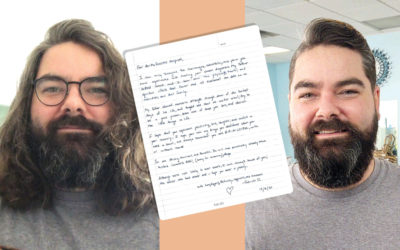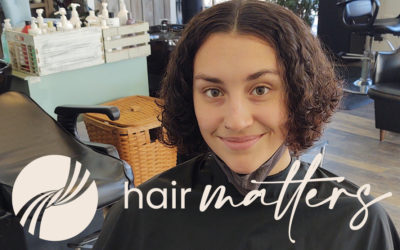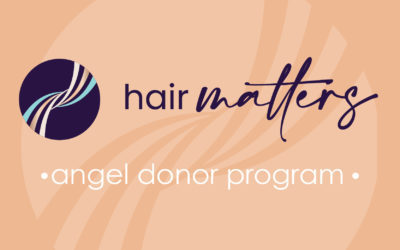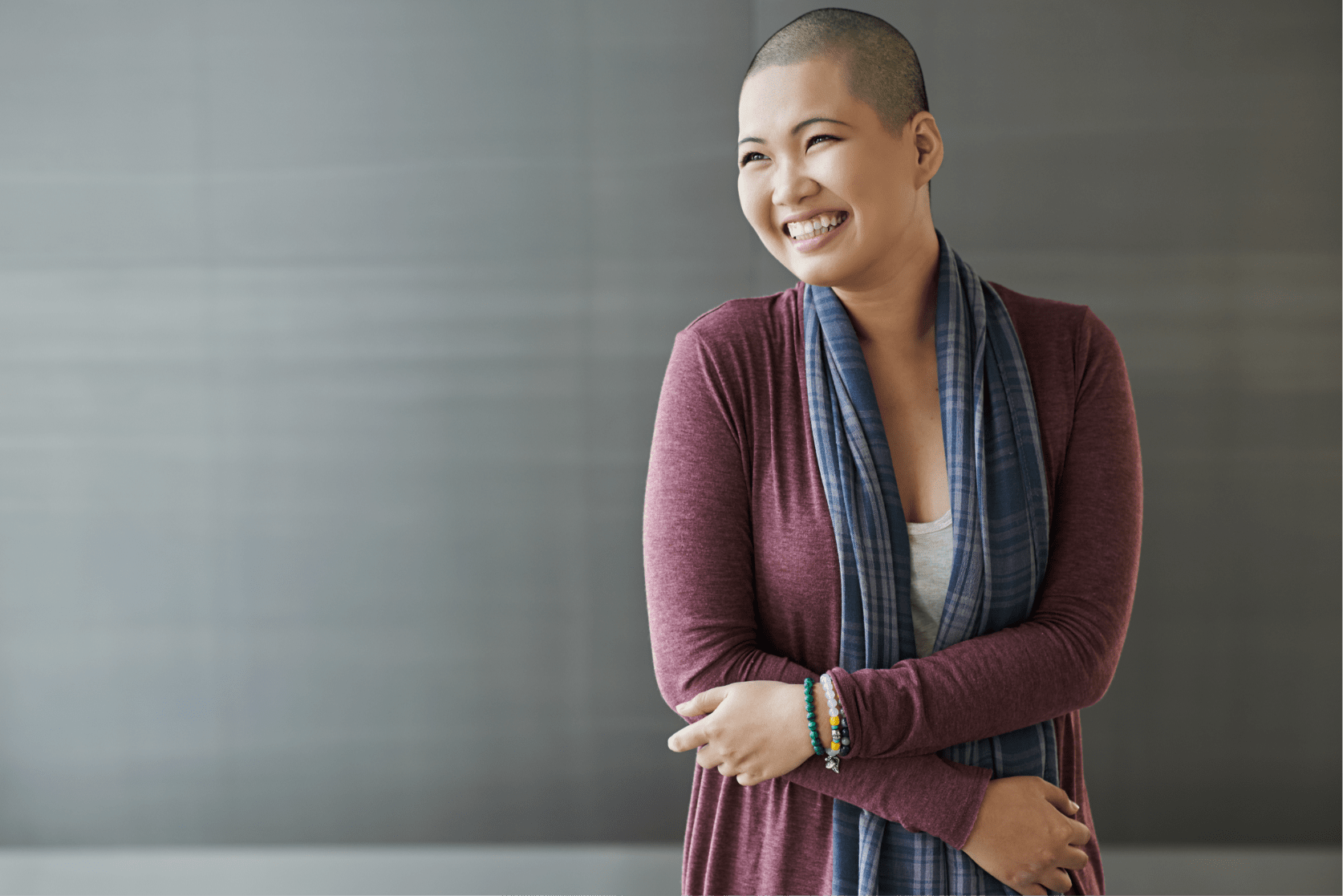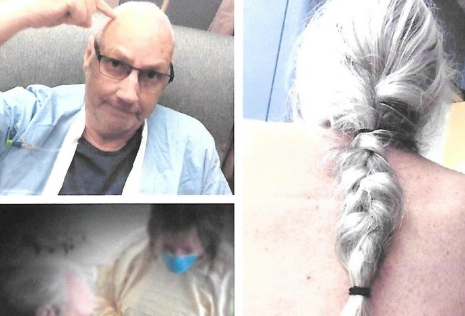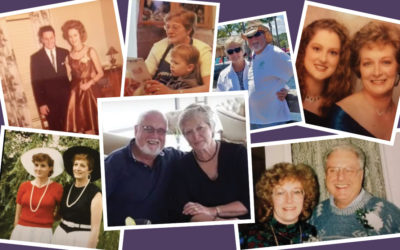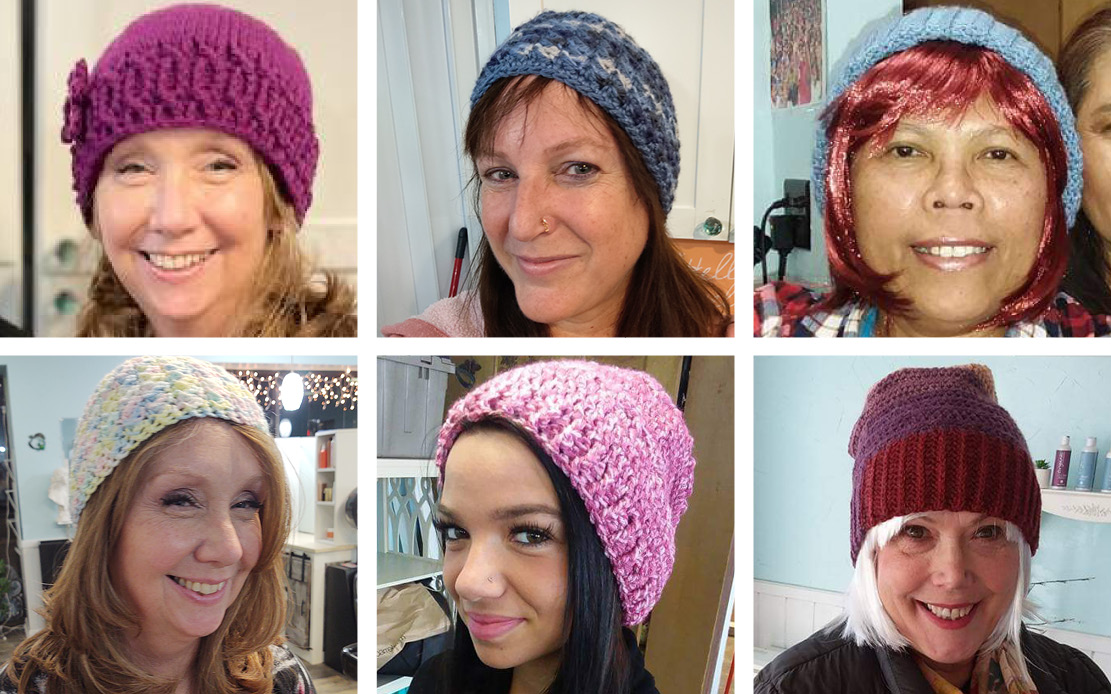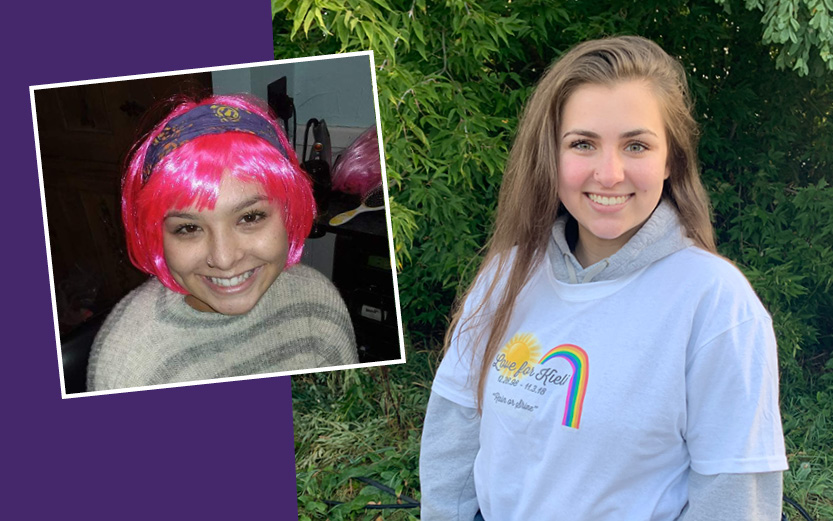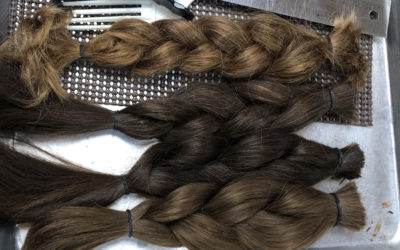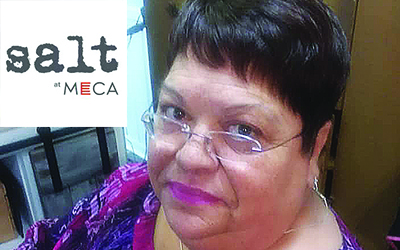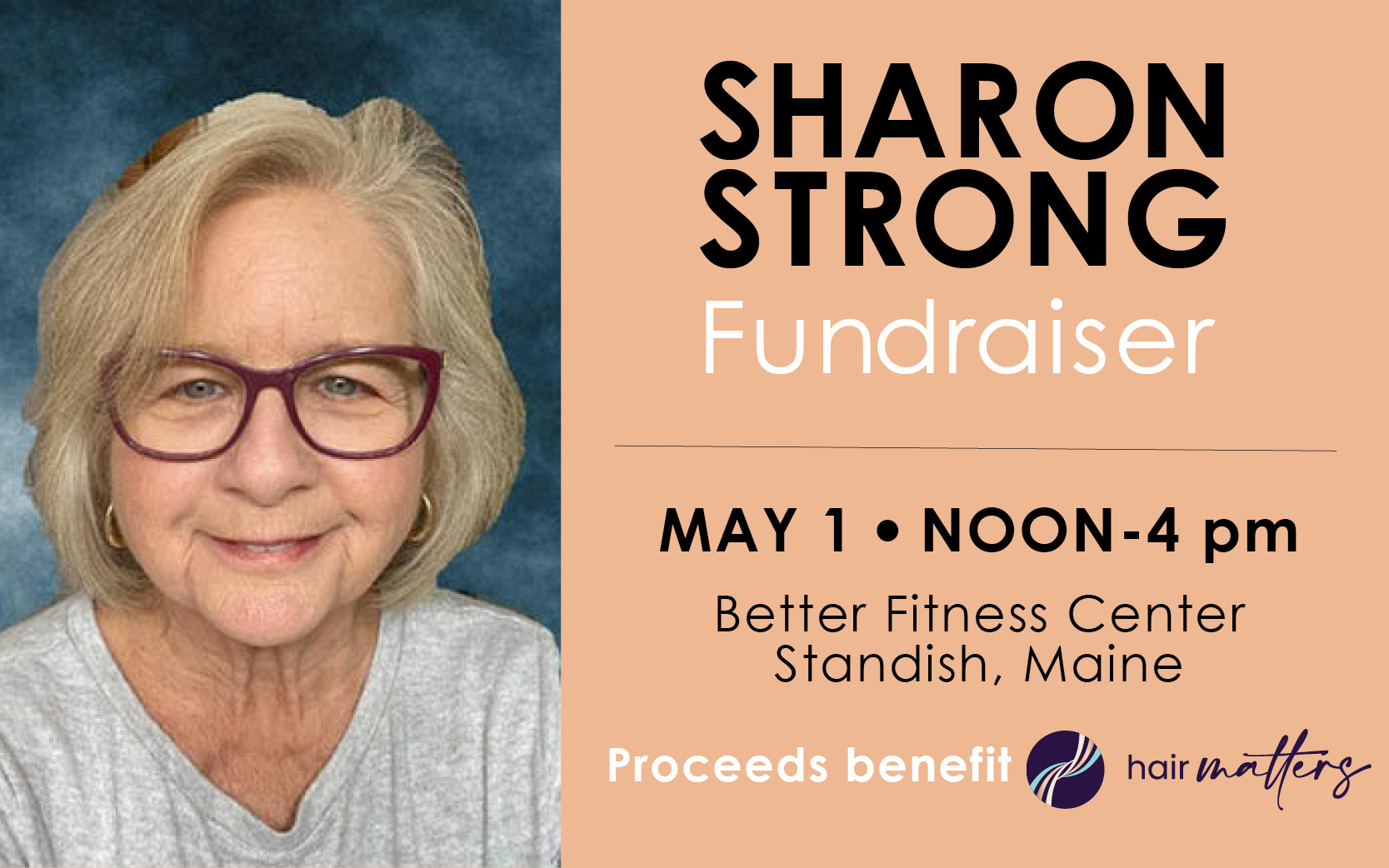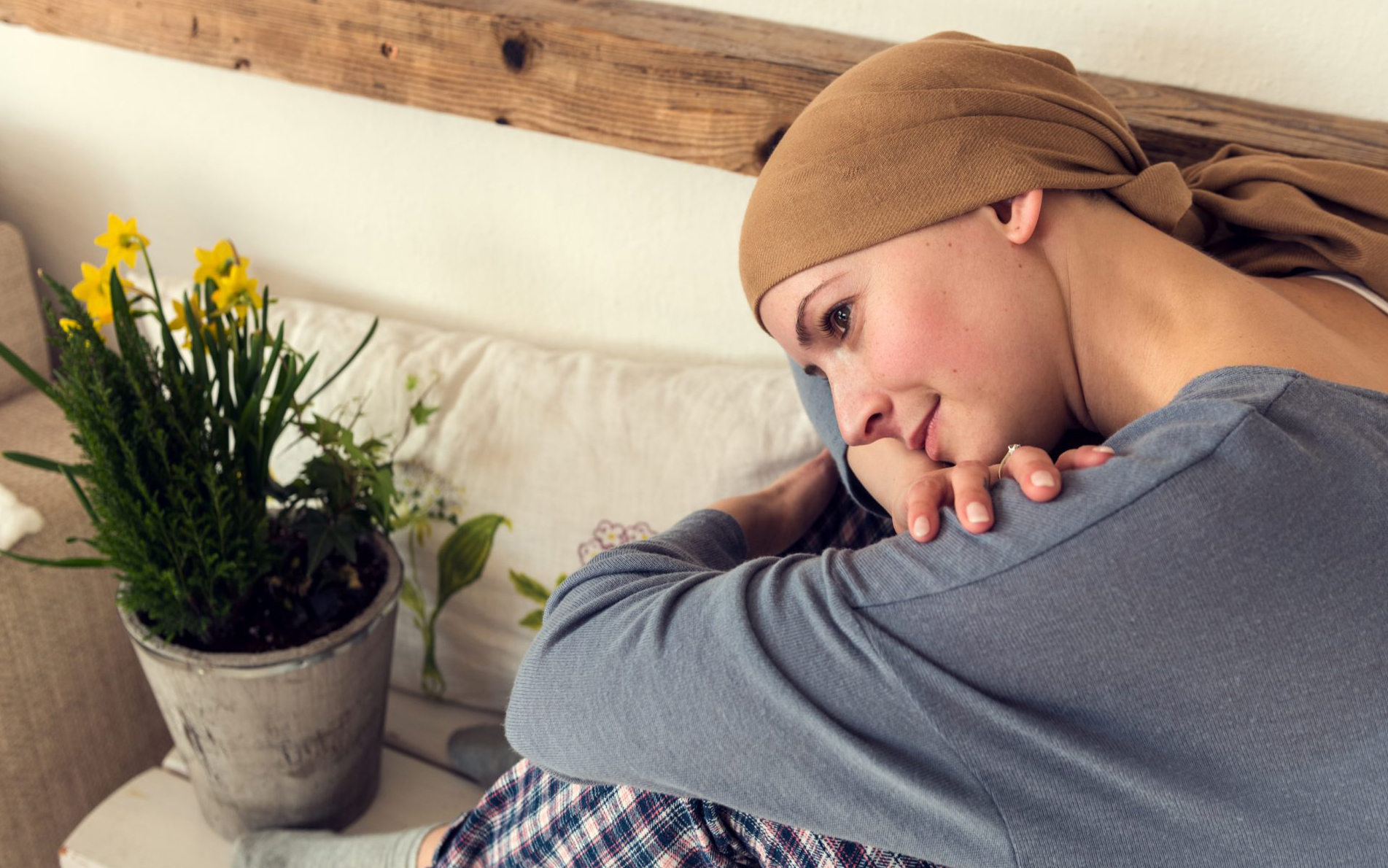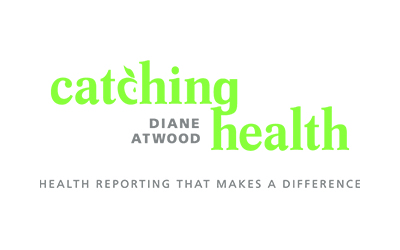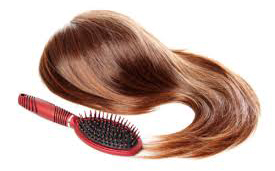Six Facts about Hair Loss and Cancer
- Cancer itself isn’t responsible for hair loss, also called alopecia. Hair loss is actually caused by certain types of treatments—namely, chemotherapy. Chemo blasts healthy cells as well as cancer cells, including the cells that make hair follicles; however, not everyone with cancer loses their hair. It depends on the addition of chemotherapy, or radiation, and how you react to it. It’s worth remembering not all chemotherapies cause hair loss, and that hair loss can occur on any area of your body.
- It’s not a “hair” today, gone tomorrow deal. People experience hair loss differently. Sometimes it’s a thinning process. Sometimes it comes out in large clumps or patches; and at that point, many people choose to just shave their head. Either way, while you’re experiencing hair loss, go easy on the hair you have. Use brushes with softer bristles or wide-toothed combs. Avoid hair dryers and irons, wash your hair less frequently, and use mild shampoos.
- For many people, Hair = Identity … and it’s okay to mourn that loss of identity. We live in a society that’s very image-focused, and a full head of healthy hair is closely tied to that image. If you’ve lost your hair or are in the process of losing it, you’ve probably noticed just HOW heavily focused ads, commercials, TV, and movies are on hair. Like any loss, allowing yourself to grieve is an important part of the healing process. Just remember, you’re not alone in this! It might help to talk to others who have also gone through hair loss as a result of cancer treatment.
- Hair loss is not permanent. Hair growth is a constant, lifelong process. When you take chemo out of the equation, the body begins to heal and new hair grows back two to three months after treatment ends (for radiation, it takes about three to six months). For some people, hair can even grow back before treatment ends! Until then, if your unprotected scalp isn’t used to the outside world, use sunscreens and hats to prevent sunburn. You can also use lotions and conditioners if your scalp feels itchy or tender. And as hair returns, handle it gently at first, avoiding perms, dyes, or excessive washing.
- There is no “right” or “wrong” way to present your hair loss to the world. Wigs, headscarves, or boldly bald: All are equally acceptable depending on what makes YOU comfortable. And if an au naturel head isn’t your thing, there are lots of places that will help you out with colorful scarves, turbans, and wigs (some made with real hair). If you do opt for a wig, though, make sure you get one just before treatment or just as treatment’s beginning; it’s easier to match the wig to your natural hair color. And make sure the size can be adjusted as you lose more hair. Talk to your doctor, care team, or fellow patients to find local wig shops, or get a copy of the American Cancer Society’s Tender Loving Care® catalog or call 1-800-850-9445. Also, be sure to check out Look Good Feel Better® for tips and programs to help with self-image.
- Get ready for something different with your new hair. As people who’ve been through the hair loss experience will tell you, the hair that comes back after treatment may not be the hair you’re expecting. There are many stories of hair transforming from straight to curly, or from jet black to snow white. The same processes that cause you to lose hair also cause subtle alterations. Sometimes, your hair may go back to how it was before; other times, the change is permanent. Seeing something different in the mirror can be jarring, and it’s hard not to think of it as another loss of identity. But it really represents something else: The creation of a new you, someone who’s been through hell and come out the other side stronger. So embrace your new hair—you’ve earned it!
From: https://www.whatnext.com/blog/posts/6-things-to-know-about-cancer-and-hair-loss





